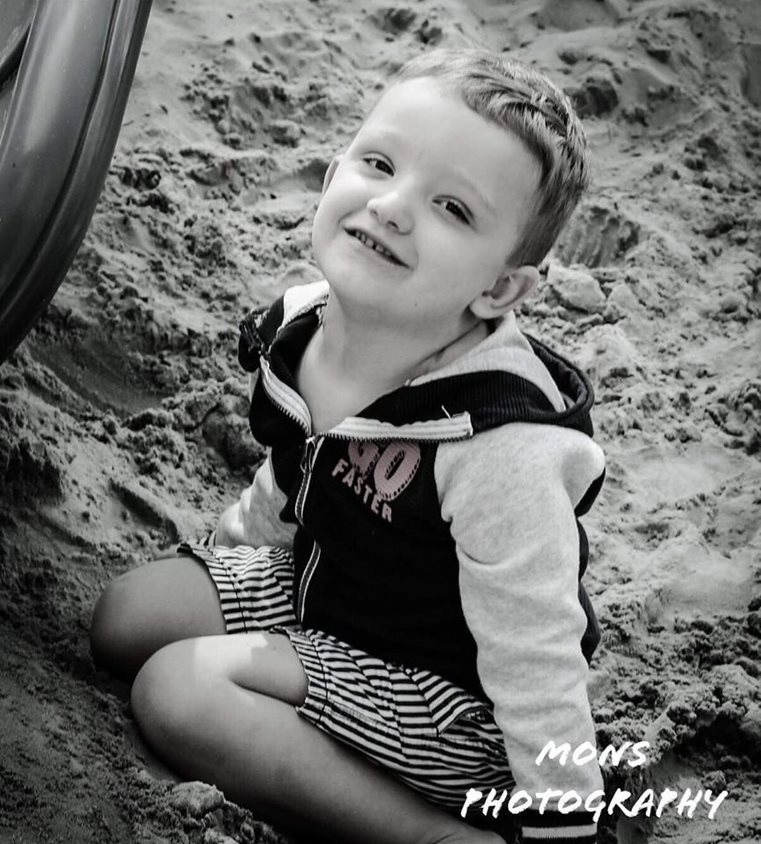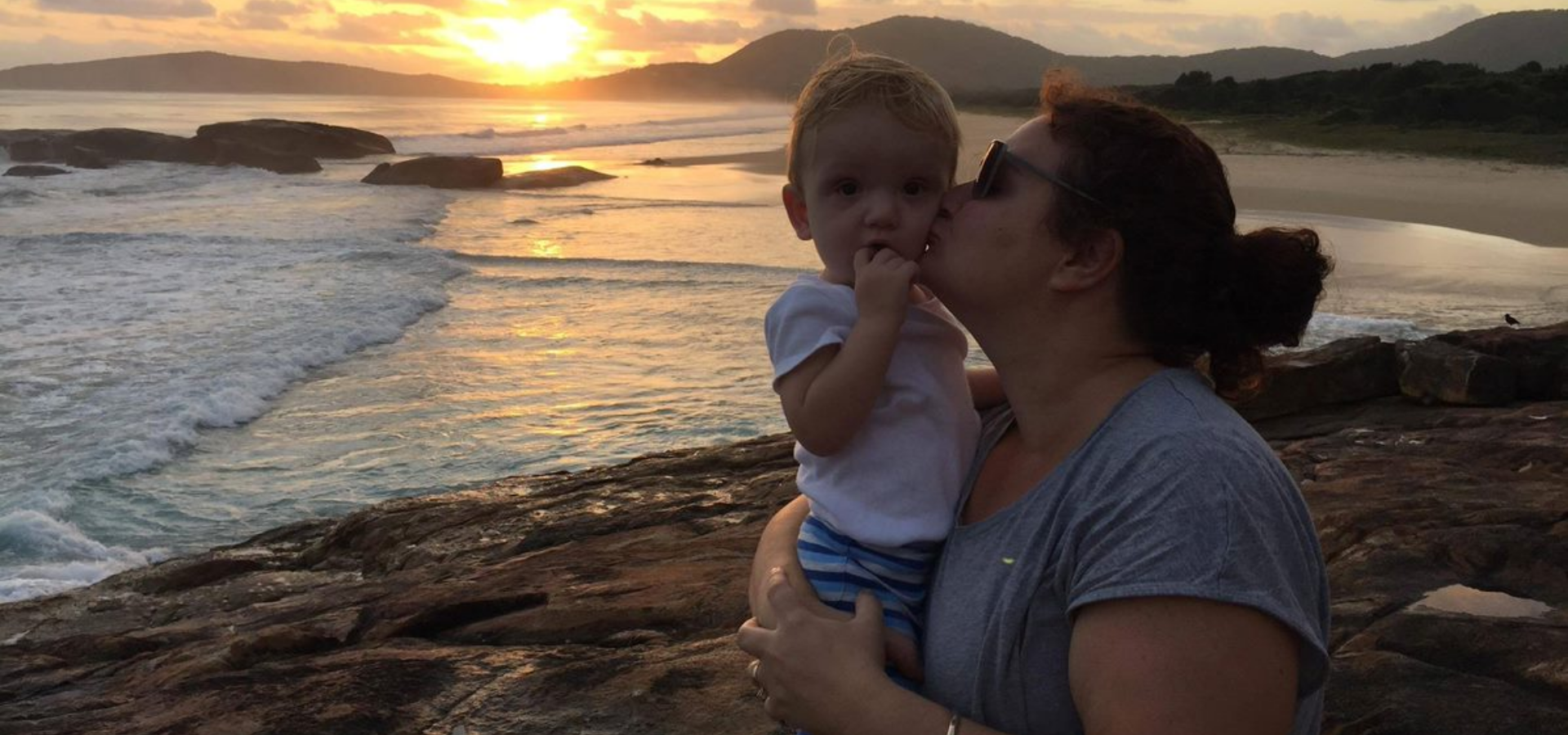Will was diagnosed with Neurofibromatosis Type 1 (NF1) based on a number of Café-Au-Lait spots (birthmarks) at just 6 months old.
His Mum Amy remembers reading about NF and all of the possible tumours her son could experience over his life span, and the list seemed never-ending.
 When Amy met with a geneticist, they discussed NF in more detail. Amy remembers the appointment vividly, mostly because when she was asked if she had any questions, she focused on whether Will would develop ADHD.
When Amy met with a geneticist, they discussed NF in more detail. Amy remembers the appointment vividly, mostly because when she was asked if she had any questions, she focused on whether Will would develop ADHD.
She clearly recalls the look on the doctor's face when she did, and says, “they were confused as to why I would be worried about his behaviour when he could potentially go blind, experience brain tumours, spinal tumours or cancer."
For Amy, it was easier to focus on a condition or an element of NF that she understood, rather than the possibility that her first born child could develop tumours anywhere in his body, at any time.
Amy thinks that parents of children with NF live in a state of 'denial and hope', because of the uncertainty associated with the condition. There is no way to know or predict which child will suffer significant disability or illness, and which will have a milder and less intense illness.
Unfortunately, Will went on to be diagnosed with an optic nerve glioma; a tumour in his brain that can cause a deterioration in vision. Treatment for optic gliomas is very limited. At this stage, William is being monitored constantly for changes in the size or impact of this glioma. So far, so good.
Amy says that early intervention has been the key to supporting Will to maintain age appropriate development.

He has fine and gross motor delays, as well as a significant speech-language delay. He has fortnightly physiotherapy and speech therapy, and we have regular visits with occupational therapists. We have been very fortunate to receive an NDIS package, and this has been absolutely invaluable in addressing the complexities of the developmental delays that our boy has had to endure.
I would love to see more families achieve early and proactive response to this often misunderstood diagnosis- it absolutely needs to be addressed early with regular monitoring and a proactive approach to managing the differing issues that kids can experience with it."
For many kids, the psychosocial impacts of their diagnosis are the ones that must be most actively addressed in the early years.

Will now has an active and loving little sister, Mia, with whom he has a close bond. Some families unfortunately have NF as a heritary disease- but William’s was an unlucky “de novo” form of the illness and so it was known to the family that she would be unlikely to have NF. Even knowing this, there was still a significant feeling of relief that Mia turned two without any signs of NF.
Amy and Jack, William's parents, want to show him as much of the world they can. They endeavour to show Will and Mia how big and diverse the world is. They are proud of Williams differences, and hope that as he grows, he is able to appreciate those and speak openly of his challenges, without the fear of shame or stigma that can so often come with disability.

“Justice will not be served until those who are unaffected are as outraged as those who are”
Benjamin Franklin
Amy says, "it will only be when the community around us recognises this significant illness and the impact it has (and will continue to have on) individuals and their families, that change might happen. Only then, through the tireless work of charities like the CTF working so hard for our family and families like ours, that we might finally receive the funding and attention that NF needs in order to improve both medical and community understanding of the condition."